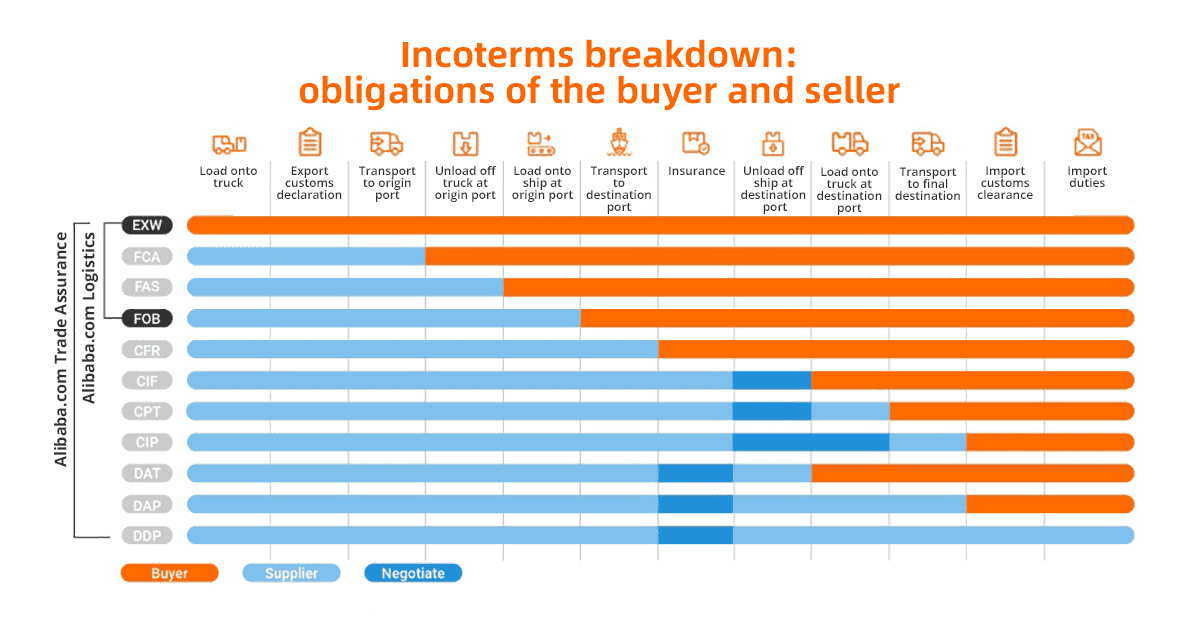

Going global can be an intimidating step for small businesses. Creating an international trade plan requires time, knowledge, and a lot of resources. Why risk it? Why should a small business owner switch from easy-to-access domestic markets to ‘unpredictable’ global markets? Well, there must be some pretty good reasons to go global if 62% of the 5,000 B2B SMBs we polled participate in some level of export trade.
The number one reason for selling internationally? Finding more customers. Exporting opens up untapped markets around the globe. Millions of buyers worldwide are interested in products and goods like yours. Limiting yourself to only one domestic market means missing out on this opportunity. And that's why exports account for 29% of these business' B2B sales.
In addition to reaching more customers, growth in revenue, increased profit margins, and market diversification are other top reasons for exporting. Solely relying on one market means you are tied to its business changes and fluctuations. Selling internationally means you are protected if the domestic market begins to soften. As the saying goes: don’t put all your eggs in one basket.

A US-based business sees international success
LTA International Global Services LLC is one business seeing the benefits of global trade. Founded in 1994, LTA sells top CPG products from major US brands to importers and distributors around the globe. LTA is now one of the most successful trade businesses in the US through tapping into global demand.
LTA required a solution that could help it scale and seize more opportunities overseas without traveling extensively. LTA now uses Alibaba.com to capture real-time data and identify key audiences around the globe.
Because of Alibaba.com’s capabilities, LTA has developed a lead-generation database of more than 15,000 overseas retailers, importers, and distributors. Chief Technology Officer Chad Michael speaks about LTA’s success on the Alibaba.com platform and how they are scaling their brand around the world:
Interested in growing your business by exports? First you need to understand shipping and incoterms.
Incoterms are acronyms that specify the different responsibilities of buyers and sellers when shipping goods. They define four main categories: cost, responsibility, risk, and instructions. For example, who pays for each part of the delivery? If your order is damaged, who is responsible?
There are 11 incoterms in total and each one assigns different obligations to the buyer and seller. This chart is a quick glance at all the incoterms. It outlines who is responsible for each part of the shipping process and when there is room to negotiate:

B2B sales take time. Put in the work to create and maintain strong relationships with clients.


